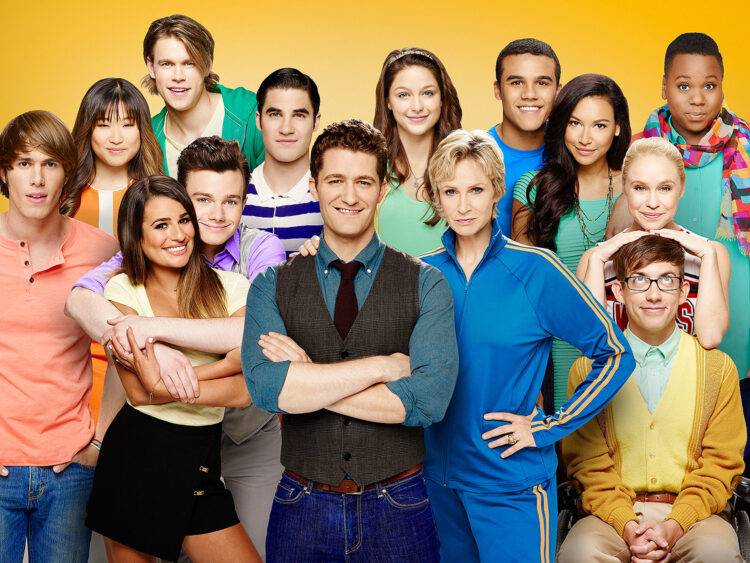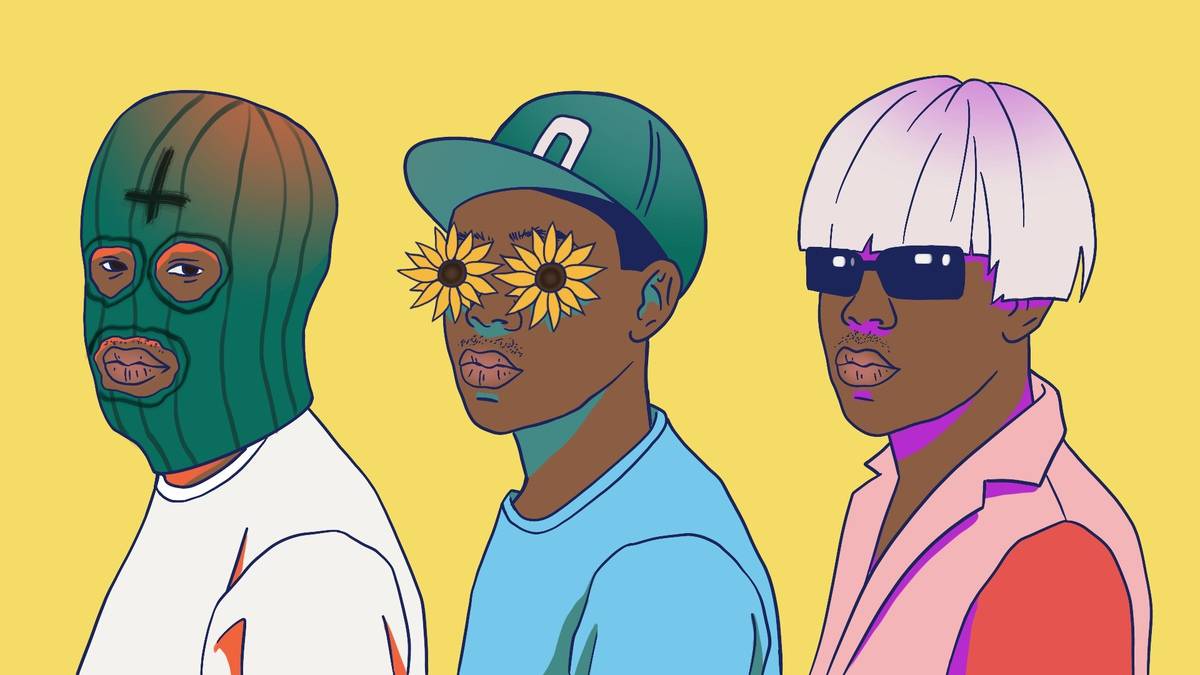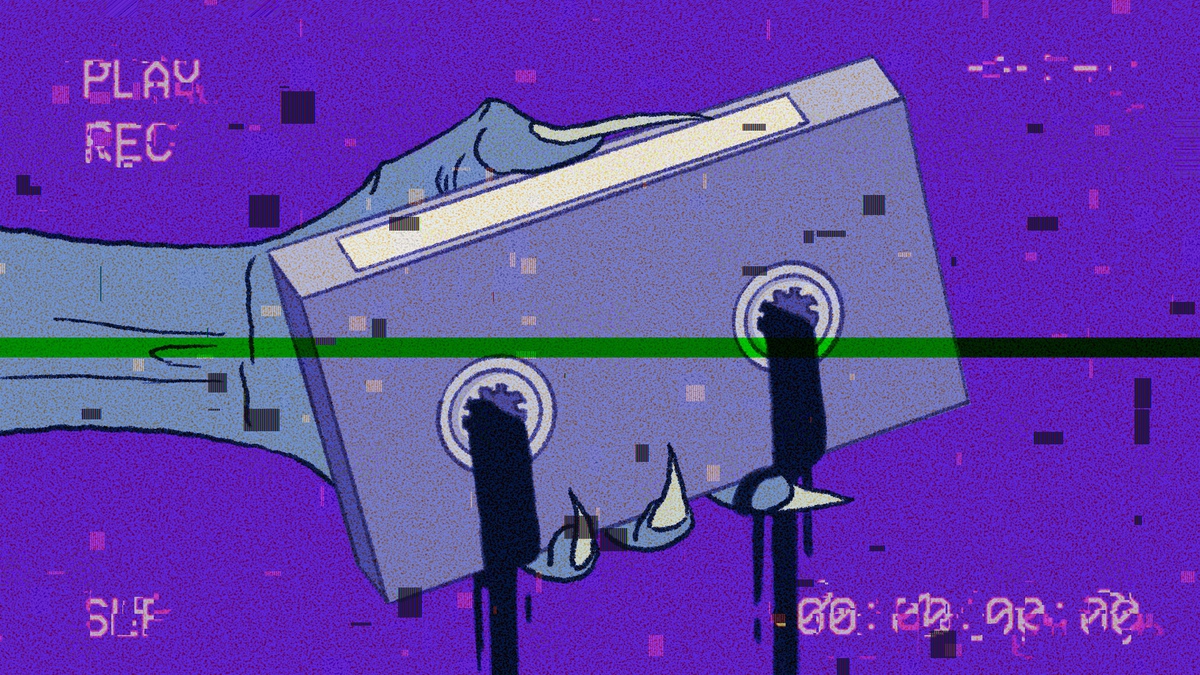
I first fell in love with movies and TV shows through the Disney Channel. It was 2007, and my friends and I were still obsessed with “High School Musical” a year after its release. We’d get home from school and wait for “Hannah Montana” to come on. We knew every lyric to every song from the movie and the show, and we’d dance to the choreographies during recess.
I am originally from Brazil. Every movie or show that I’d watched until then had been dubbed in Portuguese. I hated the idea of reading subtitles, so I avoided movies that required reading for that purpose.
When I was 15, my life changed. My parents and I were moving to China, and my mother, who did not believe in homeschooling, required me to attend an international school. At this point, my English level was minimal; I could read the basics, but I could not clearly communicate with anyone.
Around the time of the move, I was starting to enjoy a new TV show. I started watching it late — it was already on its third season when I began illegally downloading every episode onto my hard drive to watch them. However, there was a glaring issue with these episodes — I could only find them in their original language, aka a language I could barely understand at the time. Determined to learn, I sat through the episodes, and even added subtitles in English to connect words with their pronounciations.
That is how I fell in love with “Glee.”
A few of the girls at my new school watched the show, but the new episodes would only air on TV a week after the original release date. The impatient side of me would come back from school and download the episode about an hour after it aired in the United States to watch it instantly. I needed to be up to date. I still could not communicate with my new friends in English, but somehow, we bonded over the show.
This was also the first time I had become a fangirl. Before “Glee,” I had never cared about a show or a celebrity enough to obsess over their lives outside of their work. Yet here I was, several seasons in, creating a Twitter, Instagram, and Tumblr account specifically to share content about the show and its actors. I wanted to be in the loop about everything possible, from the tracklist of an incoming episode to the paparazzi pictures taken of them. I was pretty much becoming those unofficial fan pages that you could go to for “reliable” content, and to do so, I felt the need to purchase every piece of merch related to the show and have all the information available about the cast at my fingertips.
Within the first year of watching “Glee” and learning the language, I was communicating with my classmates at school and making new friends online. Watching the show in English, with English subtitles too, ended up being the key to my learning, and by the time I had to move back home I knew that I wanted to continue using English daily and possibly attend a university outside of my home country. Missing important years of high school in Brazil meant that I had a higher chance of falling behind, making mistakes and likely to be made fun of. Somehow I was starting to feel more comfortable communicating in English than in Portuguese, which guided me towards continuing my education in this “new” language.
“Glee” was also my rock in difficult times, being my hobby at this point in life. Having almost a thousand followers on my Twitter fan account made me feel a power that I never had before. I was a part of a fandom, people liked my content, and some even wanted to be friends with me. After the tragic death of lead actor Cory Monteith in 2013, those people online were the ones who understood my pain. It was difficult to explain to my mother why I was grieving a celebrity’s death, but she tried to understand the impact the show and the actor had in my life. The fandom provided a safe space for grieving Gleeks to share our feelings, and together, we made it through that difficult year.
After the third season, the show started to go downhill. Even though Season Four had the best soundtrack, the plot suddenly felt forced. Adding new characters enhanced the flaws of the show, and the story appeared to be overdone. Especially after Monteith’s passing and the show losing one of its main characters, it was clear that the writers and directors had a difficult time changing the storyline to accommodate the new reality.
By the time “Glee” ended in 2015, I was watching the show without subtitles. I was graduating high school and applying for colleges in the United States and Canada. I had no intention of going back to Brazil because I had spent the four years prior to that focusing on improving my English. The ending of an era in my life coincided with the end of my favorite show of the time, and I was ready to embark on a new journey.
As embarrassed as I am to talk about “Glee” almost seven years after its finale, it still holds a special place in my heart. The show is what got me here today, with an undergraduate degree, almost at my graduation with a Masters degree, and working jobs squarely in my area of interest. English is obviously very present in my life, and if it weren’t for “Glee” I might not have mastered it at the same speed I did. I may not choose to rewatch it like I do other shows, but I still know the episodes, the songs each of them had, and the plot almost by heart. If you ask me today what happened on the fifteenth episode of the third season I can answer confidently that it is the one where they covered Gotye’s “Somebody That I Used to Know” and Christina Aguilera’s “Fighter.” Because of the influence the show had on my life, it still means the world to me.







